Allegra
✅ Relieves Allergy Symptoms
✅ Controls Hay Fever
✅ Minimizes Itching
✅ Non-Drowsy Formula
✅ Oral Medication Option
Allegra contains Fexofenadine.
Product Overview
Allegra is an antihistamine medication containing fexofenadine as its active ingredient. Designed to combat seasonal allergy symptoms, it effectively relieves sneezing, nasal discharge, itching, and watery eyes without causing drowsiness – a common side effect of older antihistamines. Available in multiple formulations such as tablets, capsules, and oral suspension, Allegra offers flexible and efficient allergy relief options for patients of different age groups.
Uses
This medication is primarily indicated for managing allergic rhinitis symptoms, including those caused by hay fever and environmental allergens like pollen, dust mites, animal dander, and mold. By antagonizing histamine receptors, Allegra reduces the inflammatory response that leads to nasal congestion, itching, and sneezing. It’s also prescribed for chronic idiopathic urticaria, helping control unexplained recurrent hives and associated itching.
How to Use
Administer Allegra tablets or capsules whole with water, either with or without meals, following your physician’s instructions or the package directions. The tablets should not be crushed or chewed unless specifically advised. For the oral suspension formulation, shake thoroughly before each administration and use the provided measuring device for accurate dosing. To ensure optimal absorption, avoid consuming grapefruit products or aluminum/magnesium-based antacids within two hours of taking Allegra.
How it Works
Allegra functions as a selective H1-receptor antagonist, blocking histamine’s effects on target cells throughout the body, particularly in the respiratory system, vascular tissues, and skin. By competitively inhibiting histamine binding at receptor sites, it prevents the cascade of allergic symptoms triggered by allergen exposure, thereby providing symptomatic relief without central nervous system depression.
Dosage and Administration
Dosage regimens vary according to age and symptom severity:
• Adults and adolescents (≥12 years): 60 mg twice daily or 180 mg once daily
• Pediatric patients (6-11 years): 30 mg twice daily or 60 mg once daily
• Children (<6 years): Consult pediatrician
Always adhere to prescribed dosages and never exceed recommended amounts without medical supervision. Individualized dosing may be necessary for patients with renal impairment.
Benefits
- Rapid onset of action against multiple allergy symptoms
- Minimal sedative effects enable daytime functionality
- Multiple dosage forms accommodate patient preferences
- Extended duration permits convenient once-daily dosing
- Demonstrated safety profile in clinical studies
Common Side Effects
Most adverse reactions are mild and may include:
• Cephalgia (headache)
• Gastrointestinal discomfort
• Vertigo
• Mild sedation
• Xerostomia (dry mouth)
These typically resolve spontaneously with continued use. Persistent or severe symptoms warrant medical consultation. Seek immediate care for rare but serious reactions like cardiac arrhythmias, urinary retention, or hypersensitivity responses.
Warnings
Pre-treatment considerations:
• Disclose any renal or hepatic impairment history
• Review current medications for potential interactions (particularly ketoconazole, erythromycin, and cation-containing antacids)
• Pregnancy/lactation requires risk-benefit assessment
• Elderly patients may require dosage adjustments
• Monitor for paradoxical reactions in pediatric patients
Storage Information
Maintain Allegra products at controlled room temperature (15-30°C) in their original packaging, protected from humidity and extreme heat. Ensure child-resistant containers are properly secured. Dispose of expired medication through authorized pharmaceutical waste channels in compliance with local regulations.
Disclaimer:
This informational content has been carefully reviewed for medical accuracy, but should not replace professional medical advice. The provided information serves educational purposes only and does not encompass all potential adverse effects, contraindications, or drug interactions. Always consult your healthcare provider regarding any medical condition or treatment. This resource aims to supplement, not substitute, the crucial relationship between patients and their physicians.
| Strength | 120 mg, 180 mg |
|---|---|
| Quantity | 30 Tablet/s, 60 Tablet/s, 90 Tablet/s, 180 Tablet/s |
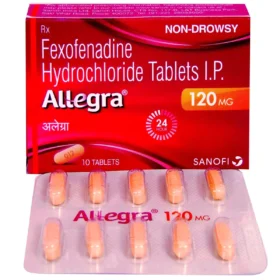 Allegra
Allegra









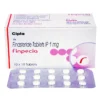



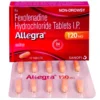
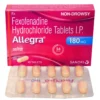
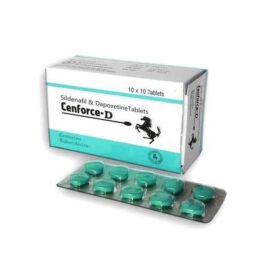
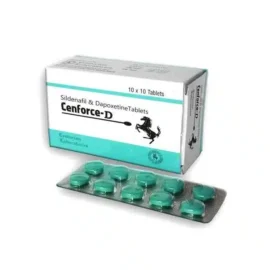



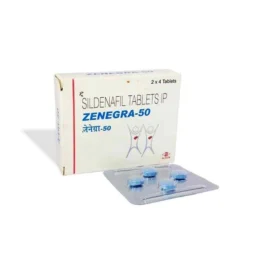
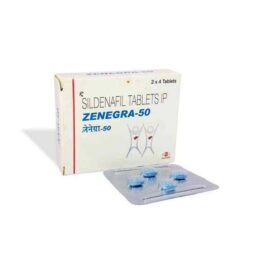
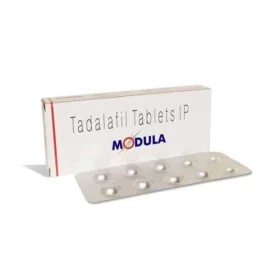
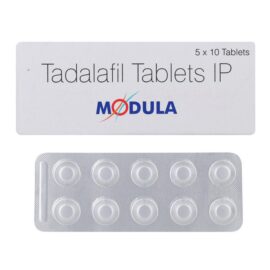
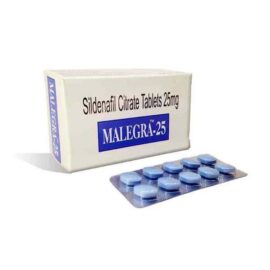
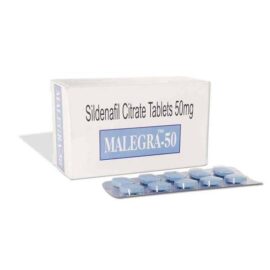
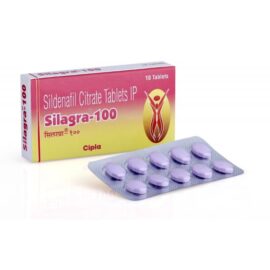
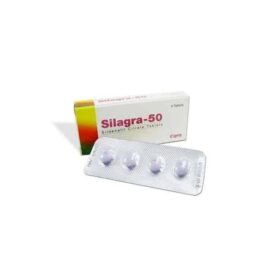
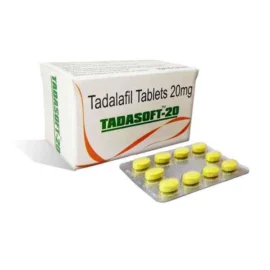
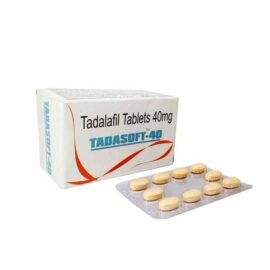
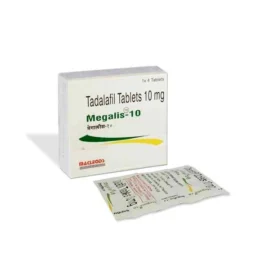
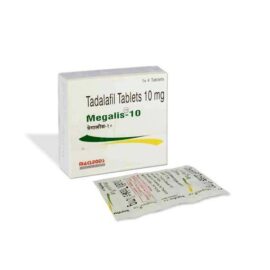
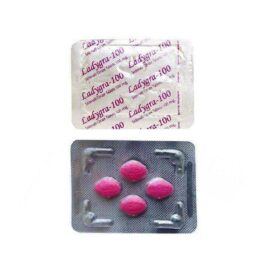
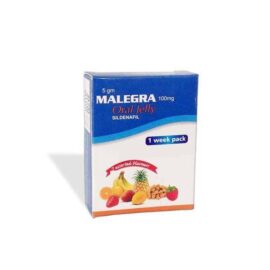
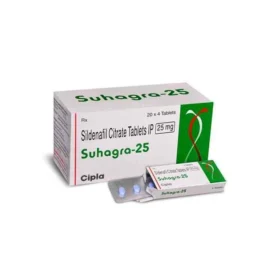
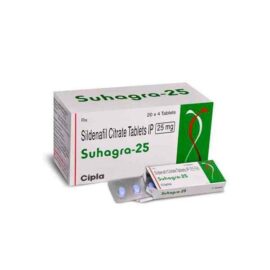
Reviews
There are no reviews yet